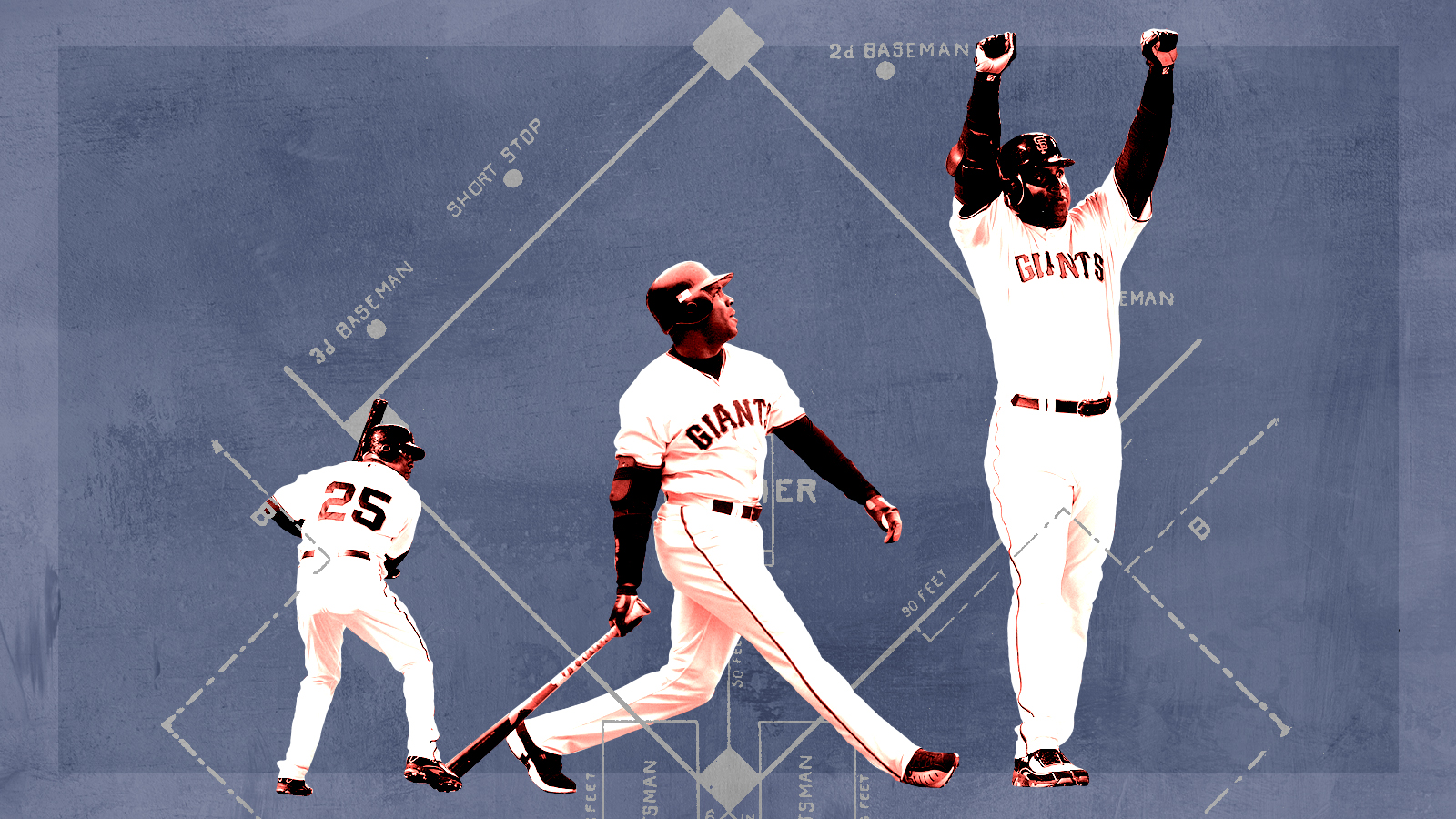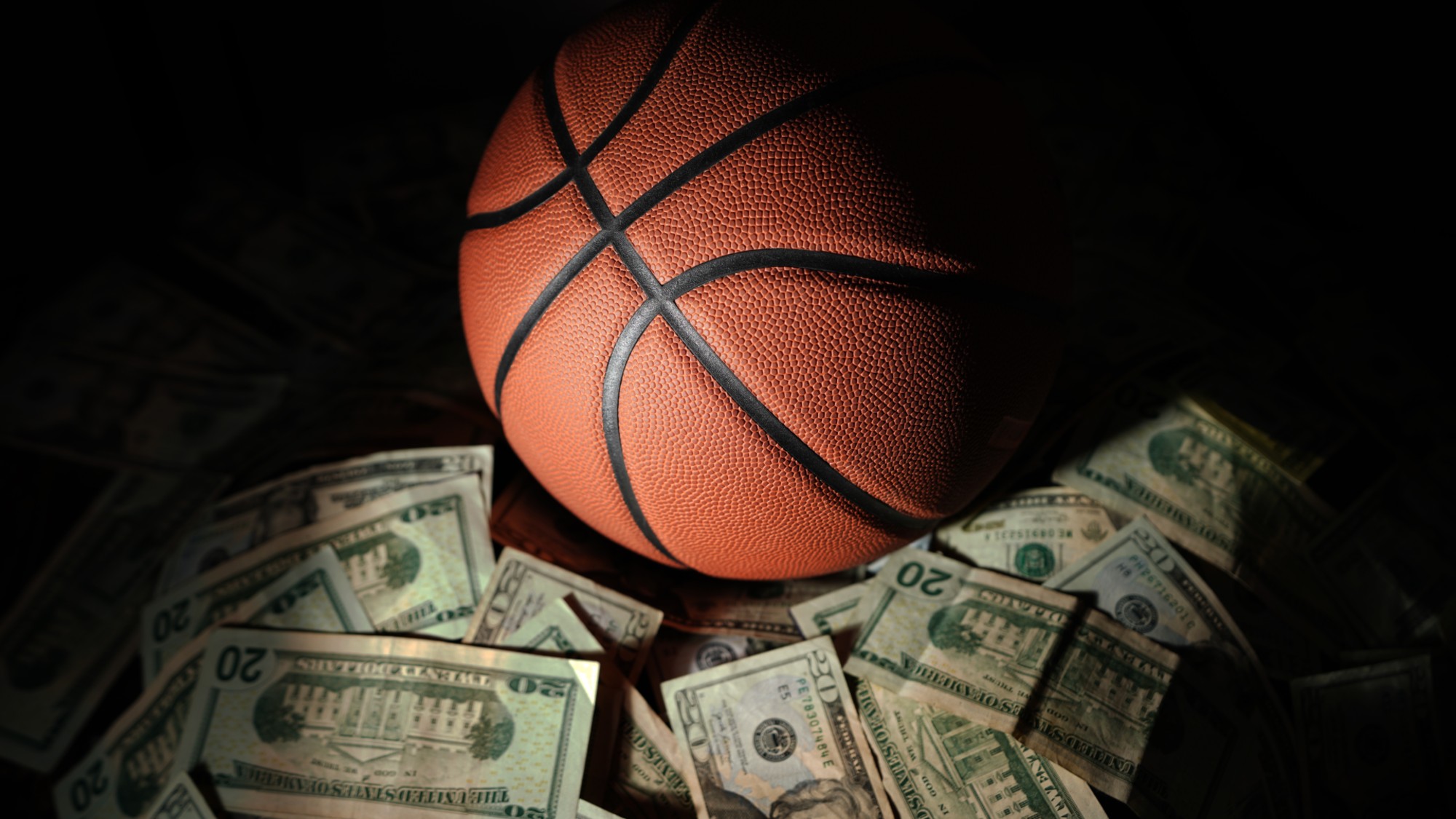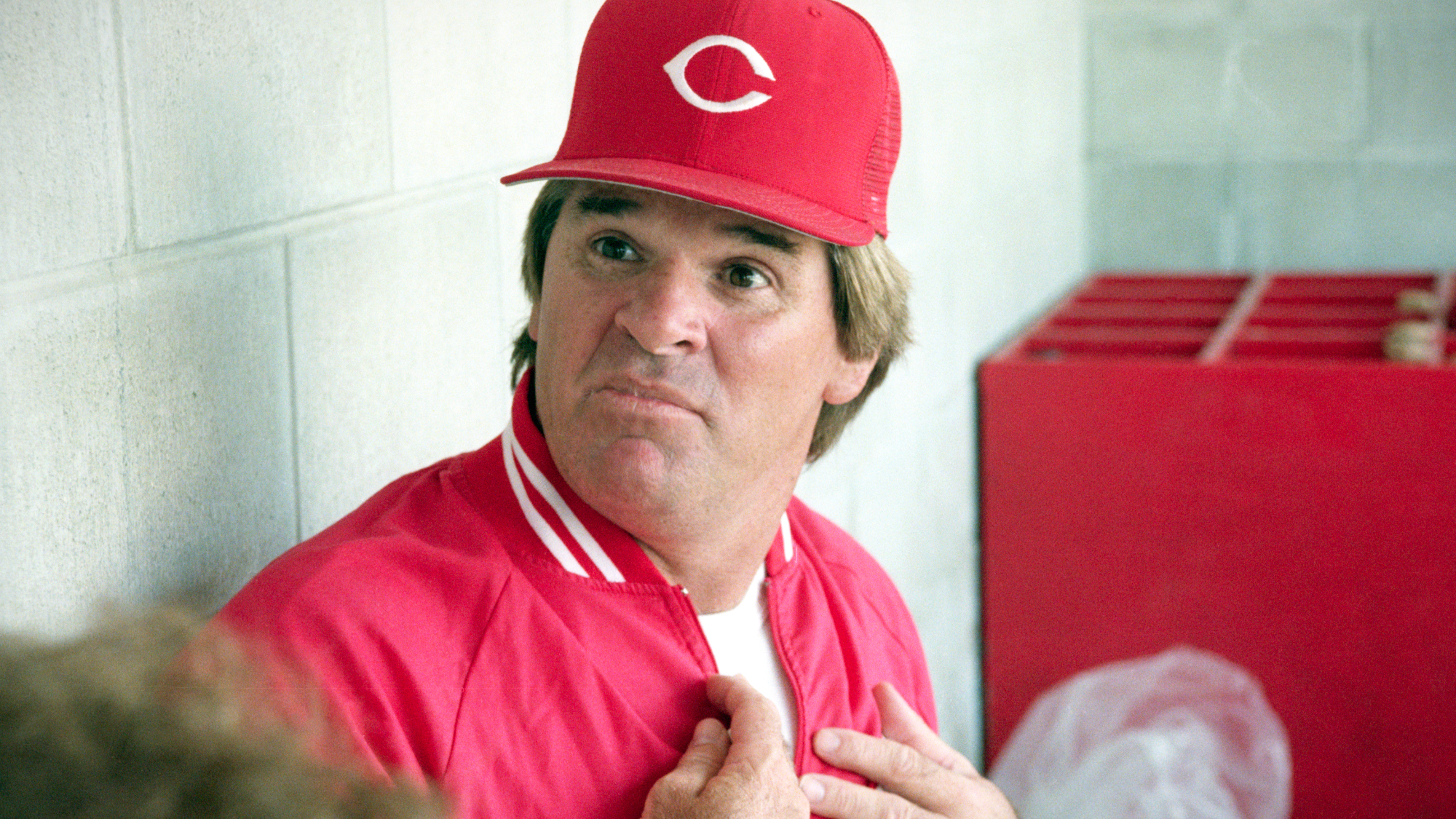Barry Bonds doesn't need the Hall of Fame


A free daily email with the biggest news stories of the day – and the best features from TheWeek.com
You are now subscribed
Your newsletter sign-up was successful
The votes are in. The Boston Red Sox (and earlier Minnesota Twins) slugger David Ortiz is in the Baseball Hall of Fame. San Francisco Giants (and earlier Pittsburgh Pirates) star Barry Bonds is not.
On paper, that makes little sense. Ortiz was a successful designated hitter who played a leading role in the reversal of fortune the historically second-rate Red Sox enjoyed in the 21st century. But Bonds was the greatest ballplayer of his, and maybe any, generation. A 22-year veteran, he played on 14 All-Star Teams, received seven Most Valuable Player Awards, eight Gold Glove Awards, and holds the MLB records for total home runs and for home runs in a single season.
The outcome wasn't about what Bonds did on the field, though. Along with pitcher Roger Clemens and others that Hall voters denied, Bonds is being punished for his behavior in baseball's steroids era. Other players, including Ortiz, tested positive for performance-enhancing drugs when the league began to impose systematic testing in the early 2000s. But only Bonds faced charges for perjury and obstruction of justice related to a federal investigation.
The Week
Escape your echo chamber. Get the facts behind the news, plus analysis from multiple perspectives.

Sign up for The Week's Free Newsletters
From our morning news briefing to a weekly Good News Newsletter, get the best of The Week delivered directly to your inbox.
From our morning news briefing to a weekly Good News Newsletter, get the best of The Week delivered directly to your inbox.
The question is how much that should matter. There is little dispute that doping was common during the 1990s prime of Bonds' career. Like the players who appeared before a 2005 Congressional committee, Bonds was the focus of attention because he was a star rather than because his behavior was unusual.
To be sure, Bonds was not forthcoming with investigators. Yet the perjury charges against him were dropped and Bonds' conviction for obstruction of justice was overturned on appeal. Bonds' critics might point out that the Hall is entitled to apply a higher standard than avoiding criminal liability. Still, it's hard to avoid the conclusion that Bonds has been the scapegoat for conduct that was, at minimum, tolerated by the league until late in his career.
Bonds' personal demeanor has something to do with that, too. While Ortiz was beloved by fans, reporters, and players alike, Bonds kept his distance from the public, the media, and his own teammates. Some observers attributed Bonds' antisocial reputation to shyness, others to competitive pressure, and yet others to unfair expectations that Black players be humble and gregarious. Whatever the cause, plenty of other difficult men (and some who were truly awful) are honored in Cooperstown.
Due to a 10-year time limit for eligibility, this was Bonds' final opportunity to enter the Hall of Fame. Unless the rules are changed, that institution will permanently exclude one of the game's greatest players. Fans won't forget Bonds, though. Lacking a memorial plaque, his achievements will speak for themselves.
A free daily email with the biggest news stories of the day – and the best features from TheWeek.com
Samuel Goldman is a national correspondent at TheWeek.com. He is also an associate professor of political science at George Washington University, where he is executive director of the John L. Loeb, Jr. Institute for Religious Freedom and director of the Politics & Values Program. He received his Ph.D. from Harvard and was a postdoctoral fellow in Religion, Ethics, & Politics at Princeton University. His books include God's Country: Christian Zionism in America (University of Pennsylvania Press, 2018) and After Nationalism (University of Pennsylvania Press, 2021). In addition to academic research, Goldman's writing has appeared in The New York Times, The Wall Street Journal, and many other publications.
-
 One great cookbook: Joshua McFadden’s ‘Six Seasons of Pasta’
One great cookbook: Joshua McFadden’s ‘Six Seasons of Pasta’the week recommends The pasta you know and love. But ever so much better.
-
 Scientists are worried about amoebas
Scientists are worried about amoebasUnder the radar Small and very mighty
-
 Buddhist monks’ US walk for peace
Buddhist monks’ US walk for peaceUnder the Radar Crowds have turned out on the roads from California to Washington and ‘millions are finding hope in their journey’
-
 The 9 best steroid-free players who should be in the Baseball Hall of Fame
The 9 best steroid-free players who should be in the Baseball Hall of Famein depth These athletes’ exploits were both real and spectacular
-
 2 MLB pitchers charged with rigging throws for bets
2 MLB pitchers charged with rigging throws for betsSpeed Read Cleveland Guardians pitchers Emmanuel Clase and Luis Ortiz have been indicted
-
 Can the NBA survive the FBI’s gambling investigation?
Can the NBA survive the FBI’s gambling investigation?Talking Points A casualty of the ‘sports gambling revolution’
-
 Biggest No. 1 draft pick flops in MLB history
Biggest No. 1 draft pick flops in MLB historyin the spotlight Injuries, bad luck and disappointing performances result in draft infamy for these unlucky players
-
 Have the Rockies reached a breaking point?
Have the Rockies reached a breaking point?the explainer Baseball's most aimless franchise takes aim at a record set just last year
-
 MLB lifts ban on Pete Rose, other dead players
MLB lifts ban on Pete Rose, other dead playersspeed read 16 deceased players banned for gambling and other scandals can now be inducted into the Baseball Hall of Fame
-
 Torpedo bats could revolutionize baseball and players are taking notice
Torpedo bats could revolutionize baseball and players are taking noticeIn the Spotlight The new bats have been used by the New York Yankees with tremendous success
-
 Dodgers' spending spree renews push for salary cap
Dodgers' spending spree renews push for salary capThe Explainer Spending limits might not be the answer that smaller market teams are looking for
